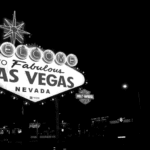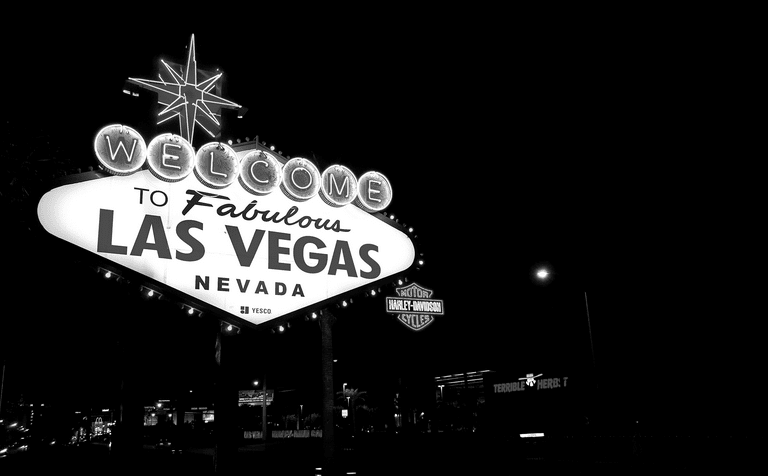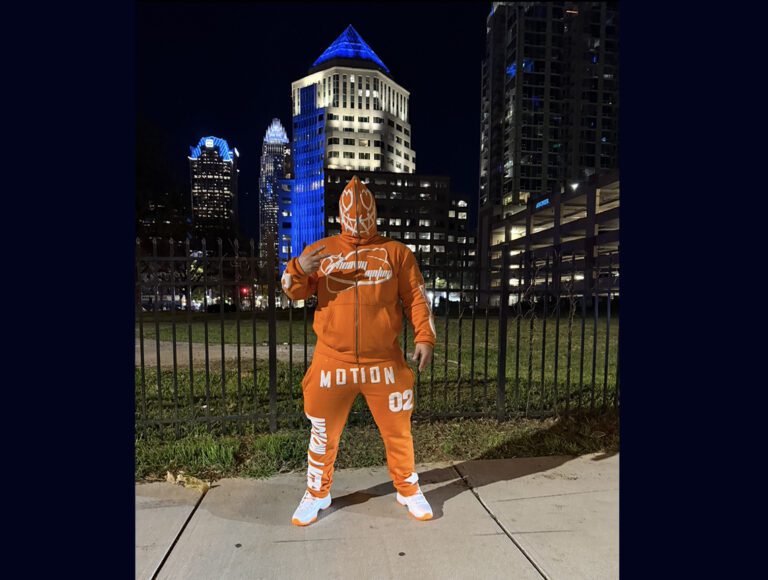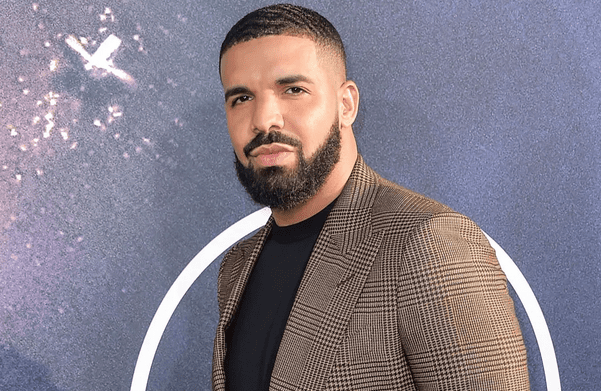
Hip-hop has long been a genre where artists explore and celebrate the highs and lows of life, often using metaphors and references that resonate deeply with their audiences.
Among these, gambling and casino imagery feature prominently, serving as potent symbols for risk, reward, and the unpredictable nature of success.
The Thrill of the Gamble
Casino references in hip-hop often highlight the thrill and danger associated with gambling. Kendrick Lamar’s “Vegas” is a prime example, where he draws parallels between the high-stakes world of gambling and the intensity of his personal and romantic life. Lines like “Doin’ blackjack, twenty-one, twenty thousand in it, probably twenty more before I’m done” underscore his willingness to risk everything, reflecting a broader theme of living on the edge.
Ice Cube’s “It Was a Good Day” provides a lighter take, celebrating a day of good fortune at the craps table. His description of rolling a series of sevens and picking up the cash flow captures the exhilaration of a lucky streak, serving as a metaphor for a rare perfect day in his life.

Metaphors for Life
Beyond the immediate thrill, many hip-hop artists use gambling as a metaphor for life’s uncertainties. Big K.R.I.T.’s “Life Is a Gamble” equates the unpredictable nature of gambling with the ups and downs of his career. He speaks of rolling the dice and hoping for a seven, illustrating the hope and despair accompanying his ambitions and struggles.
Similarly, The Notorious B.I.G.’s “Mo Money Mo Problems” features the line “We don’t play around, it’s a bet, lay it down,” as a cautionary reminder of the complexities and risks of wealth and success.
The song warns against the dangers of greed and emphasizes the importance of knowing when to walk away, a lesson every gambler learns eventually.
Poker Faces and High Stakes
With its combination of skill, strategy, and luck, Poker is a frequent motif in hip-hop. Ghostface Killah’s “Pokerface” stands out for its direct references to the game and its use of poker sounds and commentary from the World Series of Poker.
The lyrics of the song delve into the psychological aspects of gambling, such as handling pressure and knowing when to fold, paralleling the artist’s own experiences in the music industry.
Lessons from the Table
Hip-hop also uses gambling references to impart lessons about life and success. Akon’s “I’m So Paid” features lines about betting against the odds and refusing to be kept down, reflecting a relentless drive to succeed despite the challenges.
The song captures the essence of taking risks and pushing forward, themes that resonate strongly with the ethos of hip-hop. For those inspired by such daring spirit and looking to try their hand at gambling, using a Wow Vegas Promo Code can be a great way to start, embodying the same adventurous spirit seen in the lyrics of Akon’s hit.
Moreover, 2 Chainz’s “Countin” explores the desperation for wealth and the inevitable losses of gambling. By rapping about losing a hundred thousand dollars on a bet, he underscores the harsh realities of chasing success, emphasizing the need for resilience and determination in the face of setbacks.
The Culture of Gambling in Hip-Hop
The prevalence of gambling references in hip-hop is not merely a narrative device but also reflects the culture and lifestyle of many artists. The high-stakes environment of casinos mirrors the competitive and often precarious nature of the music industry. Rappers like Jay-Z, who reportedly spent $500,000 in a single hand of Texas hold’em, epitomize this connection, highlighting the risks they are willing to take both on and off the stage.
This cultural crossover extends to the imagery and themes in their music, where casinos and gambling serve as powerful symbols of the unpredictable journey to success. Whether it’s through celebrating a lucky day, as Ice Cube does, or using poker as a metaphor for strategic thinking, like Ghostface Killah, hip-hop artists find a natural affinity with the world of gambling.
Conclusion
Casino references in hip-hop lyrics serve as more than just colorful imagery. They encapsulate the themes of risk, reward, and the relentless pursuit of success that define gambling and hip-hop. From the thrill of a hot streak at the craps table to the strategic maneuvers of a poker game, these references enrich the narratives of hip-hop, offering listeners a glimpse into the high-stakes world that many artists navigate.












